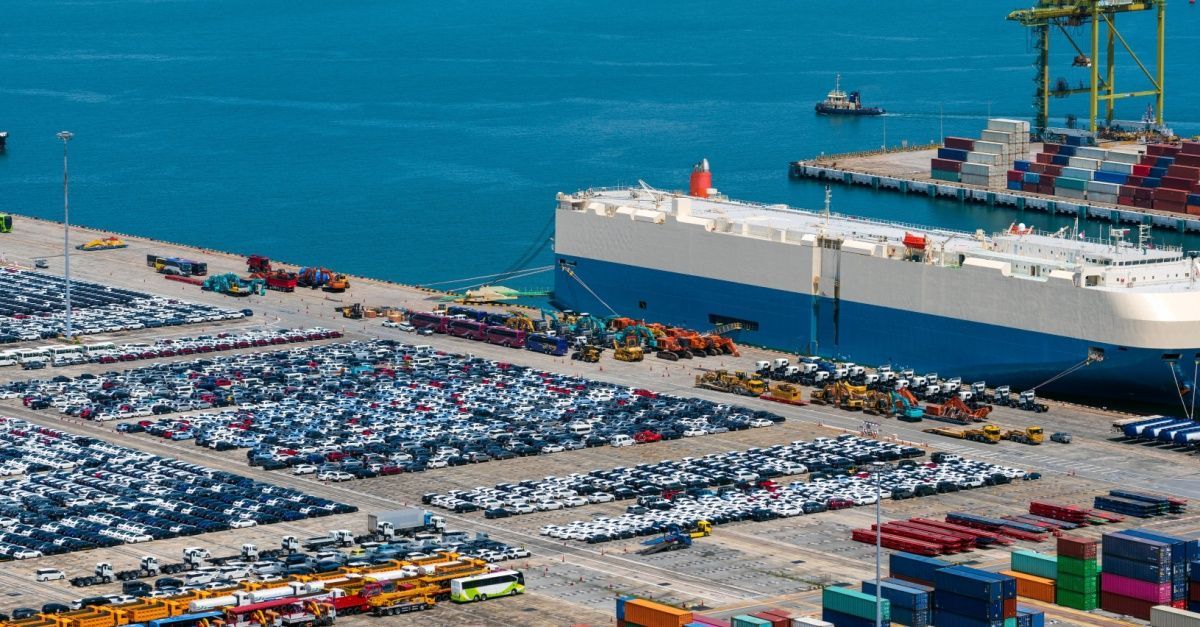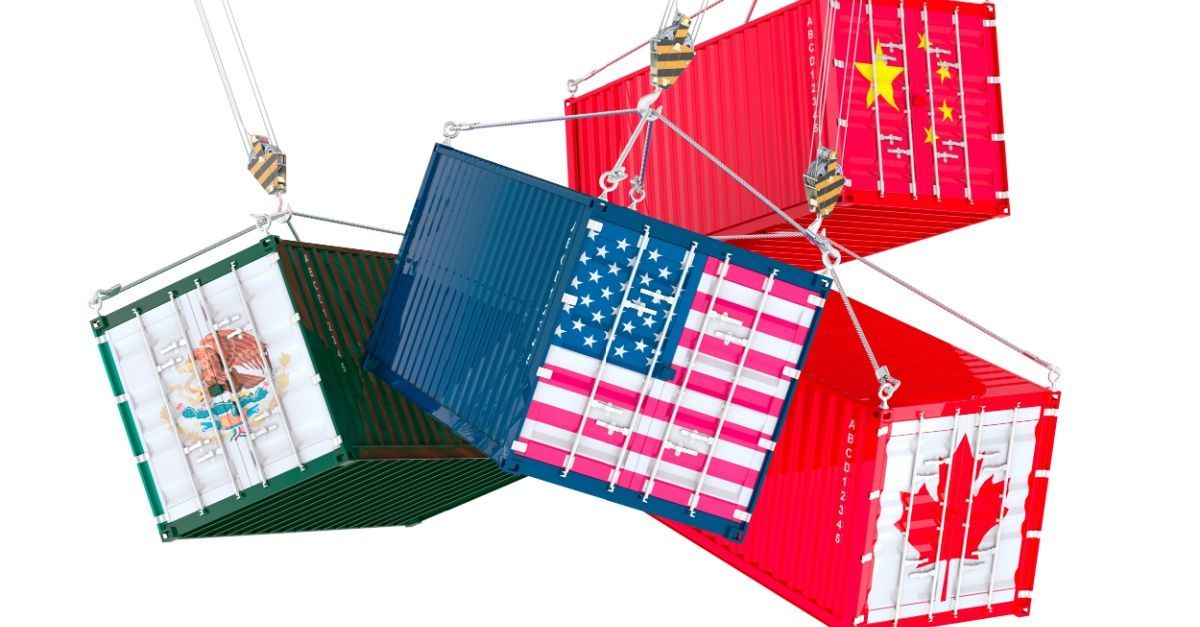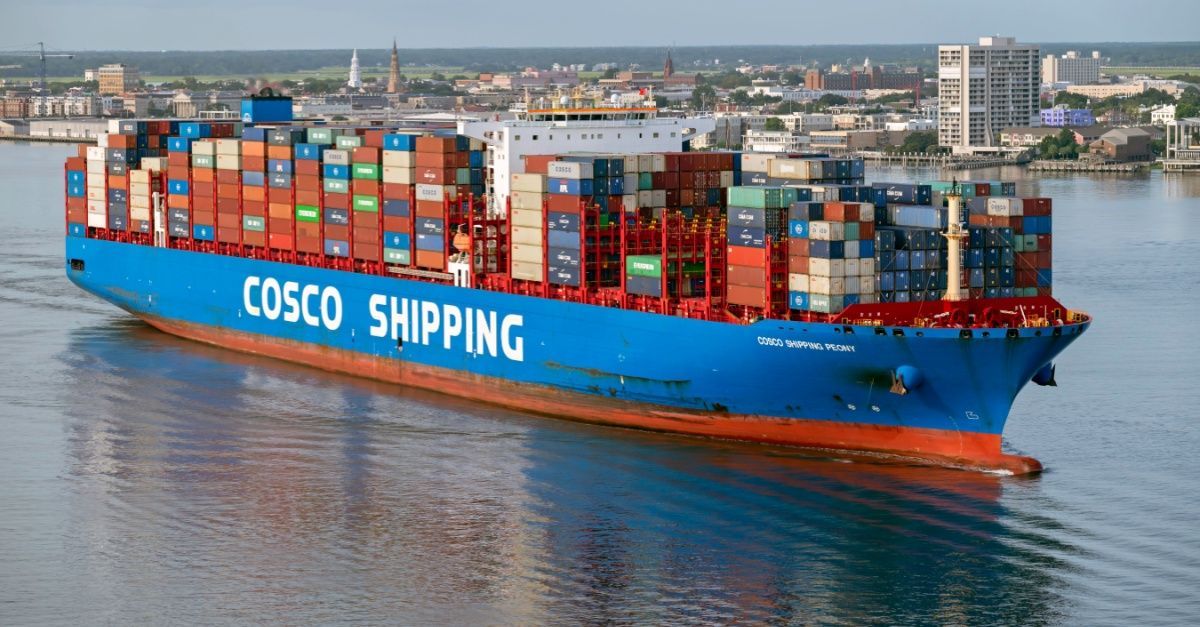Why Transparent, Proactive, & Frequent Communications are the Hallmarks of Future Freight Brokers
Blog Post CTA
Why Transparent, Proactive, & Frequent Communications are the Hallmarks of Future Freight Brokers
The need for reliable transportation and shipping services has never been more in demand. The impact of transparency in logistics is clearly evident with the continued focus on faster, more affordable shipping options. Shippers, carriers, and future freight brokers alike must continue to focus on transparent, proactive, and frequent communications within the supply chain. As highlighted by Plunkett Research Ltd.: “E-commerce has been booming, as online firms like Amazon became the preferred places for many consumers to shop. This means that local delivery services, e-commerce warehouses, and many other types of transportation services that support e-commerce are booming. At about 6% of global economic activity (GDP), transportation's core sectors add up to a remarkably efficient industry, considering the fact that transportation is a vital service to nearly every other sector of the economy.” And this all hinges on the ability of all team members and third-party partners to collaborate and communicate effectively throughout the entire supply chain network.
What Transparent, Proactive, and Frequent Communications Mean
Reliable transportation services rely on strong lines of communication, but what exactly does that mean in the practical day-to-day sense? Good communications within the supply chain focus on several critical aspects. Real-time inquiries and status updates, using technology to pull information, and maintaining end-to-end transparency in logistics are crucial, as well as performing proper training and onboarding. In short, successful companies embrace automation and machine learning, and take advantage of collaborative dashboards and online platforms. Transparency, proactivity, and regularity of communications can have a tremendous impact on supply chain operations and how future freight brokers operate.
Transparency Within the Modern Supply Chain Network
Transparency is vital in any workplace, but it is especially true when focusing on transparency in logistics. Having clear visibility into supply chain processes and maintaining open lines of communication between team members and partners are essential for transportation-related services. Carriers, shippers, brokers, and customers alike benefit from improved shipment visibility and better logistics collaboration. Future freight brokers, shipment managers, fleet managers, drivers and loaders, back-office management, and other team members can help ensure a better experience by maintaining high levels of transparency within the supply chain.
The Proactiveness of Team Members and Partners
Supply chain teams must collaborate effectively and operate proactively to improve efficiency and productivity.According to PWC: “Logistics companies are facing an era of unprecedented change as digitization takes hold and customer expectations evolve. New technologies are enabling greater efficiency and more collaborative operating models… And with an estimated US$4.6 trillion1 of revenues at stake, companies can’t afford to sit back and watch; they need to adapt to changing markets proactively.” A proactive approach that looks ahead is essential to achieving supply chain stability.
Regularity of Internal and External Communications
Reliable and competent communication can make every aspect of the supply chain faster, more efficient, and more effective than ever. When logistics professionals can uphold standards and maintain goals through effective collaboration, every touchpoint of the supply chain presents an opportunity to improve and excel. People are working smarter, not harder, thanks to automated tracking and monitoring, on-demand status reports, and machine-based pushed notifications. Without regular and reliable communication, the goals of optimal capacity, transparency in logistics, and reliable network performance will remain elusive.
Transparency in Communications Improves Brokerage Services
Shipment visibility is a critical aspect of modern supply chain management and logistics. It is something that all future freight brokers will need to consider, as transparency in logistics can impact every part of the supply chain. According to Supply and Demand Chain Executive, “Technology is a frustration point to trucking companies; the desire for digital transformation is also putting pressure on logistics to show greater visibility throughout the entire process.” Even when a company appears to be doing all that it can and is taking steps toward improving logistics and management processes, other issues seem to arise:
- Shortfalls when it comes to sharing data with third parties or supply chain teams in a fast and reliable manner.
- Limited transparency for real-time location and status updates about orders and shipments in transit.
- Loss of shipment visibility through ineffective communications and notifications within the network.
- Email fatigue and endless phone tag only adds to the stress and pressure team members experience.
- Trying to compile and organize documentation for drivers that are necessary for load delivery or receipt.
Overcoming these and other common obstacles depends heavily on how efficiently management can embrace transparency in logistics and how effective their onboarding process can become. Future freight brokers must maintain clear and effective communications throughout the supply chain to maintain current levels of growth and remain successful and profitable in the years ahead.
How Future Freight Brokers Are Affected by Transparency and Proactiveness
Carriers, shippers, and brokers all benefit when shipment visibility and logistics collaboration are built into every step of the process.
- Improved transparency and proactive measurements provide freight brokers with a distinct competitive advantage and greater access to shippers and carriers.
- Now more than ever, customers' demands and expectations are more important. It is more vital than ever to ensure customers have the best possible experience from start to finish.
- Transparency, automated data processing, and sharing are needed today to cut costs, reduce wasted time, and streamline the shipment process.
- Streamlined supply chain processes ensure goods get delivered promptly and help streamline the process of managing goods, returns, and recalls if and when they occur.
- Partnering with shipping and carrier experts makes collaboration easier when dealing with disruptions and problems, whether FDA-designated recalls and alerts or simply responding to customer and vendor complaints and issues.
When considering all aspects of shipping and transportation management, transparency in logistics is critical to effective broker operations and services.
Maximizing Benefits of Top-Notch Communications in Managing Freight
To truly understand and appreciate the benefits that effective communications and transparent processes can have on freight management, a closer look at some of the critical disrupting factors of the supply chain must be examined first. Everything from changing customer expectations, shifting market trends and processes, technological breakthroughs, new brokers and shippers and carriers joining the industry, and new ways to collaborate and communicate can present unique challenges future freight brokers will need to overcome.
Improving shipment traceability and enhancing transparency in logistics is key to improving overall supply chain success. According to
Shipper and Freight Resource: “Customers today require authentic and visual data to see how their products are moving, identify bottlenecks in their supply chain, and correct for where avoidable costs like demurrage, detention, and storage are being incurred.” Here are some ways future freight brokers can make the many benefits of good communication and collaboration stronger within the shipping and transportation industry:
- Embracing an approach to communications that makes it possible to automate specific processes so team member energy can go to other critical tasks rather than sending status reports and notifications of delivery disruption.
- Setting up automated data systems that focus on efficiently collecting, processing, and sharing analyzed data and results between all team members, third-party partners, and customers.
- Streamlining scheduling and appointment management to increase the efficiency of drop-offs and pick-ups with a fleet scheduling system that helps reduce delays and allows for real-time on-demand communication.
- Responding faster and more effectively to freight claims or shipping disruptions thanks to improved lines of communication and interaction between supply chain team members, brokers, and customers.
- Using innovative and collaborative platforms and an online system that brings all processes, systems, and people together with access to real-time data through a single transportation management system and platform.
The need for reliable transportation and shipping services has never been more in demand than today. Transparency in logistics profoundly affects day-to-day operations and processes, and the demand for faster and more affordable shipping options exemplifies its impact. Shippers, carriers, and future freight brokers alike must embrace transparent, proactive, and frequent communications to survive today’s volatile and ever-changing transportation industry and supply chain market.
Become a Future-Ready Shipper by Choosing a Future-Ready Brokerage Partner
Dependable transportation amenities depend on strong lines of communication day in and day out. For both routine status updates and urgent notifications about disruptions and delays, transparency in communications is key. Good communications within the supply chain focus on real-time push notifications, on-demand status updates, onboarding of innovative technology, collaborative transparency in logistics, and more. Transparency, proactivity, and regularity of communications can have a tremendous impact on supply chain operations and how future freight brokers operate. Contact Entourage Freight Solutions today to learn more and get started on the path to transparent, proactive, and frequent communications within your supply chain network.









